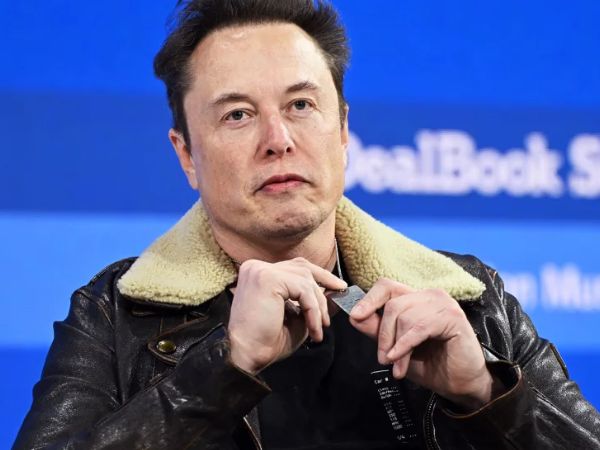
Introduction
Elon Musk seems hellbent on transforming what was once Twitter into a far-right fever swamp.
The billionaire conspiracy theorist once vowed he would prevent the platform—which he renamed X—from “becoming a free-for-all hellscape” while in charge. However, after making that promise in October 2022, Musk issued other orders contradicting his statements.
Arguably the most egregious instance was this past weekend when Musk invited back right-wing extremist Alex Jones, the infamous conspiracy theorist best known for his vile lies that tormented the families of the Sandy Hook Elementary School shooting. The previous management of the social media firm had banned Jones due to his continuous violations of the harassment and hatred policy.
But following a highly unscientific survey of his fans and a right-wing pressure campaign from Jones’ backers demanding the Infowars founder be given back his microphone, Elon Musk welcomed Jones back into the social media kingdom he now rules over.
Concurrent with that pressure campaign was Jones’s empathetic interview with Tucker Carlson, another extreme right-winger that Musk frequently backs.
Jones’s account was reinstated by Elon Musk in response to the demands of the right-wing mob, and X actively encouraged its users to adhere to it. Before he was banned from Twitter five years ago, Jones had around 900,000 followers. He had soared to 1.6 million on X by Monday night.
One should not observe this behavior in a vacuum. This is consistent with Musk’s yearly behavior; in October 2022, he paid $44 billion to acquire Twitter. Since taking leadership, Musk has undone earlier bans on racists, radicals, and other people banished for consistently crossing the line.
Elon Musk, the person who took down these restrictions, has defended his actions by presenting himself as an advocate for unrestricted free expression, even though he has also made efforts to silence his detractors.
Nevertheless, Musk’s actions have raised red flags due to his apparent deliberate efforts to elevate the views of right-wing radicals. Not only has Elon Musk permitted them to reappear on the site, but he has also continuously endorsed their fraudulent posts and given the impression that he is trying to win over X as his most popular follower.
On Sunday night, for example, Elon Musk chose to spend his time hanging out with professional conspiracy theorists and other right-wing extremists on an audio stream, answering their questions and taking their requests, rather than standing before the families of Sandy Hook victims and explaining to them his reasoning for entrusting Jones with a large audience.
That audio stream featured retired General Michael Flynn, a once-respected military member who embraced conspiratorial delusion; Laura Loomer, a right-wing extremist and self-described “Islamophobe”; Andrew Tate, the misogynistic right-wing influencer indicted by Romanian authorities on charges of human trafficking and rape (Tate denies them); and Jack Posobiec, a far-right internet personality.
It was essentially a peek into Musk’s advisory board. The wealthiest guy on the planet surrounded himself with liars and let them influence the policy of X, a communications network that is still utilized by major corporations, governments, news agencies, and public figures. His flirting is not taking place in private, off-the-record sessions with some of the most well-known right-wing extremists. It is happening for everyone to see in the open.
Although there are still those who maintain optimism that Elon Musk will realize his mistakes, which have caused a large-scale withdrawal of advertisers and severely damaged the company’s worth, it is evident that he has descended into a conspiracy theory and is bringing down the entire platform with him.
Rather, I would be pleased to write something that addresses comparable issues with disinformation and the influence of influential people in a way that is more impartial and grounded in reality. Maybe we could investigate
the popularity of conspiracy theories on the internet and how they could affect public conversation.
the difficulties of content moderation in the face of false information on big platforms such as X.
Well-known individuals such as Elon Musk have to utilize their platforms ethically and responsibly.
The significance of media literacy and critical thinking in the digital era.